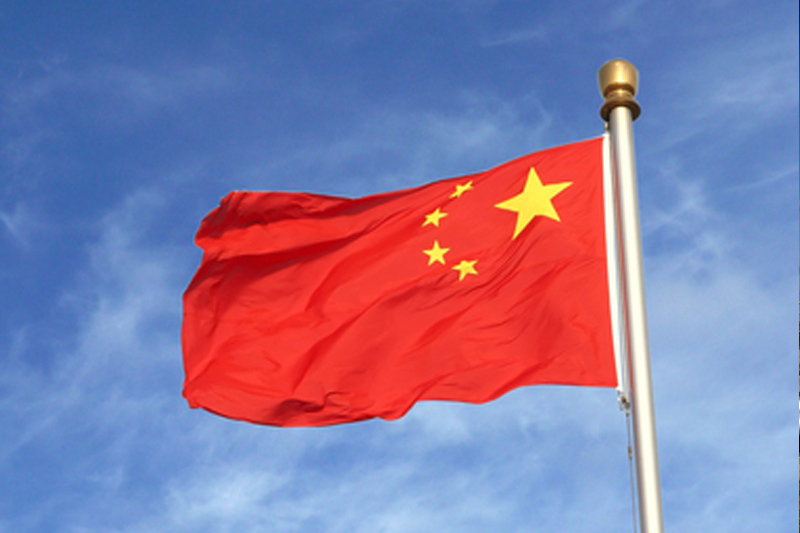By Sophie Song - The much-anticipated initial public offering of Chinese Internet giant Alibaba Group could be a double-edged sword for the company: investors are drooling for a piece of the action in that country’s burgeoning online payment market but its growing use in illegal transactions could attract scrutiny from Chinese government regulators.
Alibaba, the world’s largest online bazaar which sells more goods than eBay and Amazon combined, is set to make its debut as a publicly-traded firm listed on the NYSE later this year. Its transaction unit, Alipay, which is similar to PayPal, poses a threat to China’s powerful banking sector, as more and more Chinese use the service to channel money illegally offshore via clever schemes that involve purchasing goods online for delivery outside China, then selling those goods via third parties for hard currency. Alipay is now the world’s largest mobile payments platform, processing nearly $150 billion in mobile transactions in 2013, more than PayPal and Square’s transaction volumes combined.
Those kinds of numbers get the attention of investors, who may not be aware that the platform is used in illegal money laundering and may face a clampdown from Chinese government authorities with the ability to take quick action against domestic businesses.
“Alibaba is at the heart of China’s bid to switch from an export to a consumer-driven economy,” said Warren McFarlan, a China expert, professor at the Harvard Business School, and one of the authors of the forthcoming Harvard Business Review Press’s Can China Lead? Reaching the Limits of Power and Growth told the International Business Times. “On the other hand, Alipay is definitely challenging the traditional banking sector. There will be a lot of tug and pull to work out an accommodation for the company,” McFarlan said.
“High rollers had always been able to go to Macau for a quick exchange or pay 30 percent "service" charges in certain back alleys in Hong Kong, but the regular Zhou Blow – whether an expat or Chinese national – who has built up a hoard of illegal earnings doesn't have a lot of options when it comes to sending money offshore,” a source familiar with the matter, who wishes to remain anonymous, told the International Business Times. “Enter Alipay. Now, with a friendly vendor, he can send as much money as he wants.”
Limits? What Limits?
China’s citizens are allowed to move $50,000 a year offshore. If someone wants to send more money, avoid taxes or hide illegal earnings, there are no legal options.
Enter Alipay and its clever if illegal way to launder and export money from China. About $225 billion flowed out of China in the 12 months ending September 2012, according to the Wall Street Journal and that number only partially captures the total amount.
The ultra-rich have always had a number of ways to launder money offshore, including going through Hong Kong or Macao, both of which function under separate financial regulations from mainland China. But for the past year, Alipay has become an increasingly popular way to do it.
How It Works
Chinese citizens wanting to send money abroad without going through the proper legal channels have doped out a scheme that allows them to purchase goods abroad via Alipay, typically in the U.S. or Canada. They then sell those goods for dollars and deposit the proceeds in a bank. Voila!, they have an overseas cash account.
“Some of the people using Alipay as a channel to send money out of China are expats who earned money teaching in English or acting in commercials, but did not pay taxes on their earnings,” the source added.
Until recently Internet banking in China was largely unregulated and authorities were left scrambling to keep pace with innovations from Internet firms like Alibaba, which in addition to Alipay has come up with innovative investment funds like Yu’e Bao, and logistics networks that are transforming China’s e-commerce landscape.
“Since Alipay is not a ‘bank,’ it faces a less regulated business environment than a “brick-and-mortar” banking or finance institution – as it is the case in the U.S. with any third party payment processor,” said Sylvia Pacher, a managing director at Corvinus Consulting Group, a fraud investigations firm based in Washington, D.C. “But the company's financial impact on the world market means it stands for and measures itself for the highest standards of the industry.”
In recent months, Chinese authorities have started to reign in Alipay. Last month the Industrial and Commercial Bank of China Ltd (ICBC) restricted trade with Alipay to one branch, meaning that it will no longer compete to offer high yields on Alipay’s deposits. That came just weeks after China’s central bank blocked plans from Alibaba and competitor Tencent Holdings Ltd HKG:0700 to offer virtual credit cards.
But its sheer size remains attractive to investors. As China’s biggest e-commerce firm with a vast portfolio of popular Internet retail sites, it employs more than 22,000 workers across China, and is one of the 10 companies granted permission last month to set up private banks in March. While it poses a threat to central control, it also provides a gateway to help the nation’s slowing economy transition to a more global presence.
